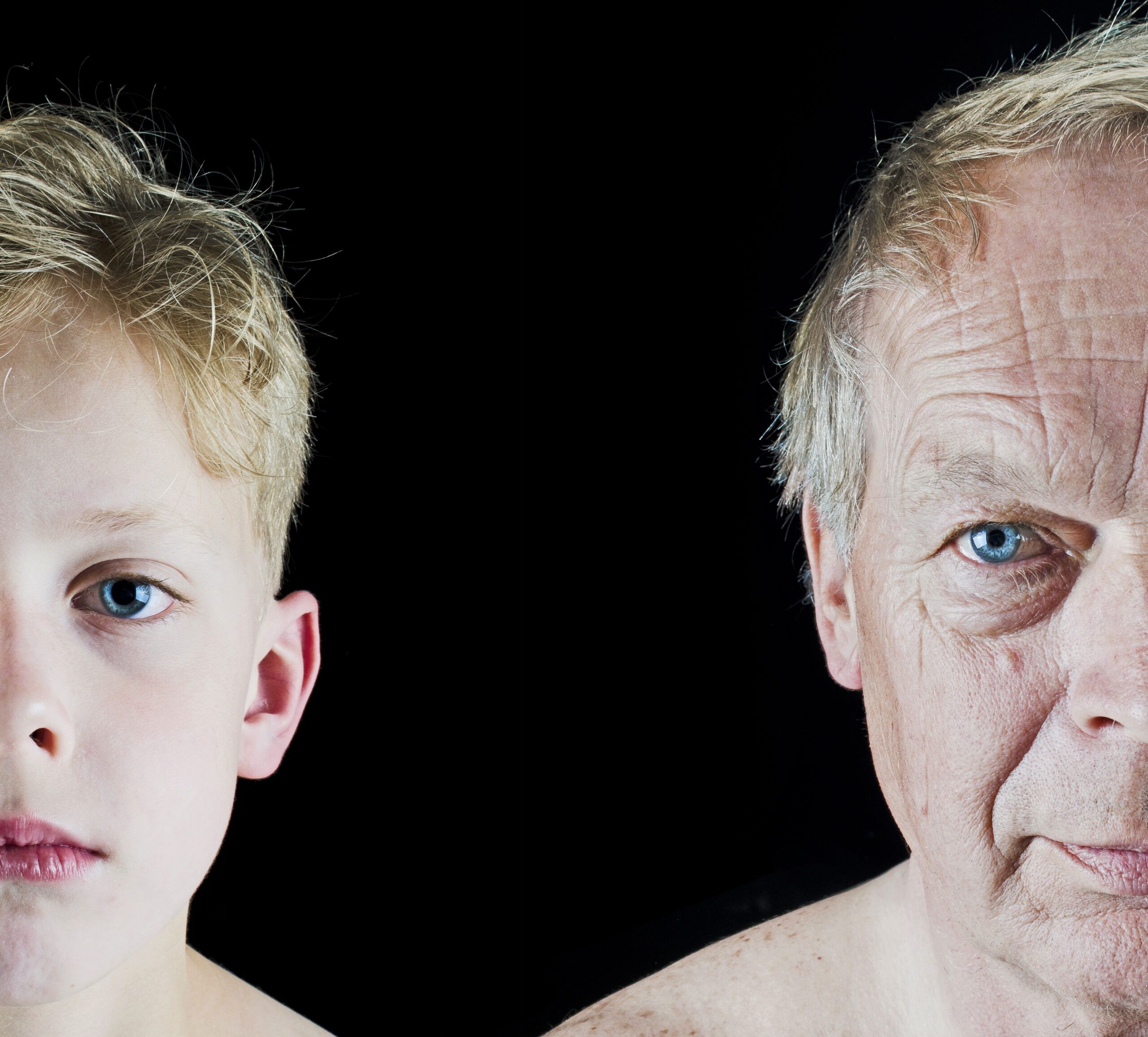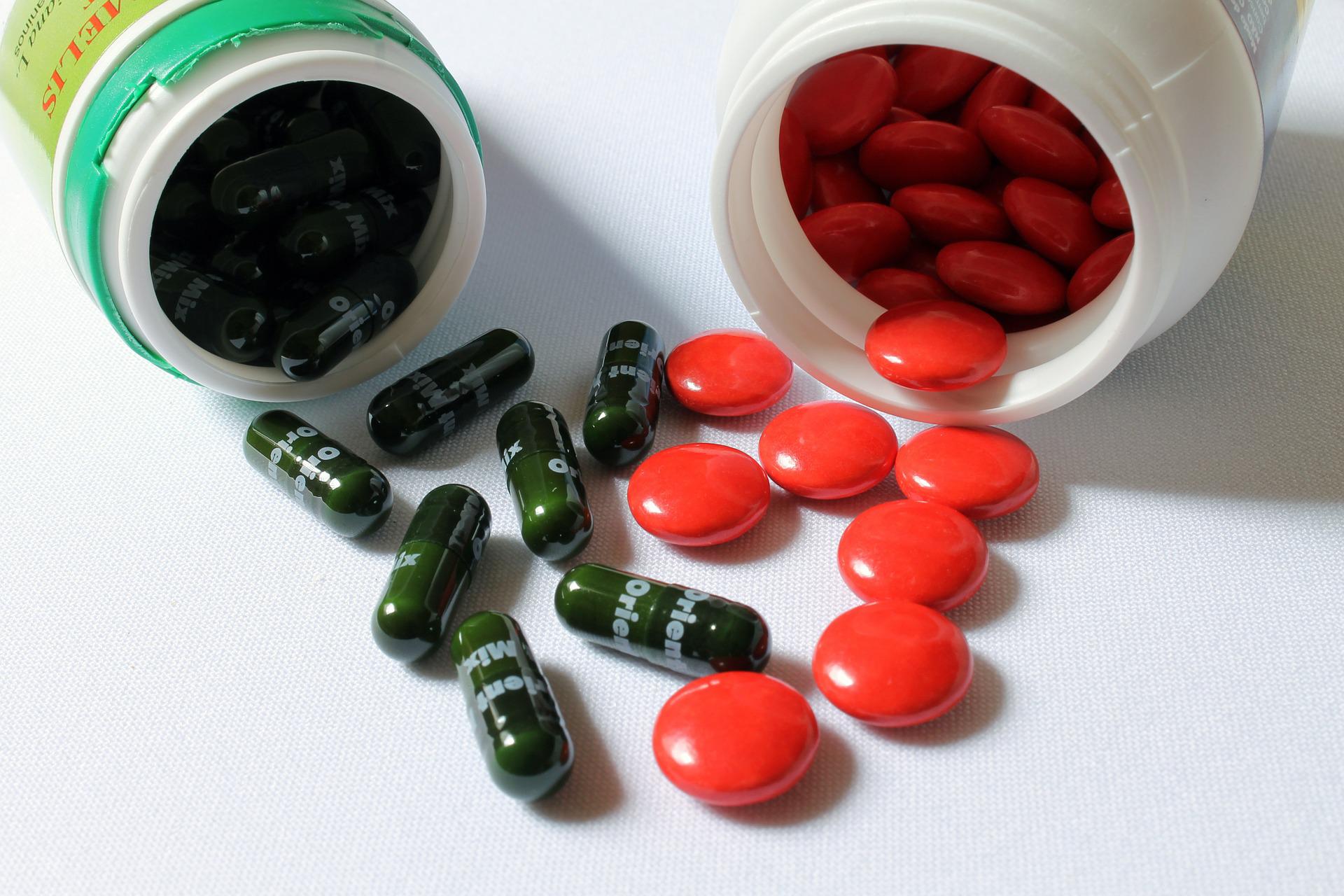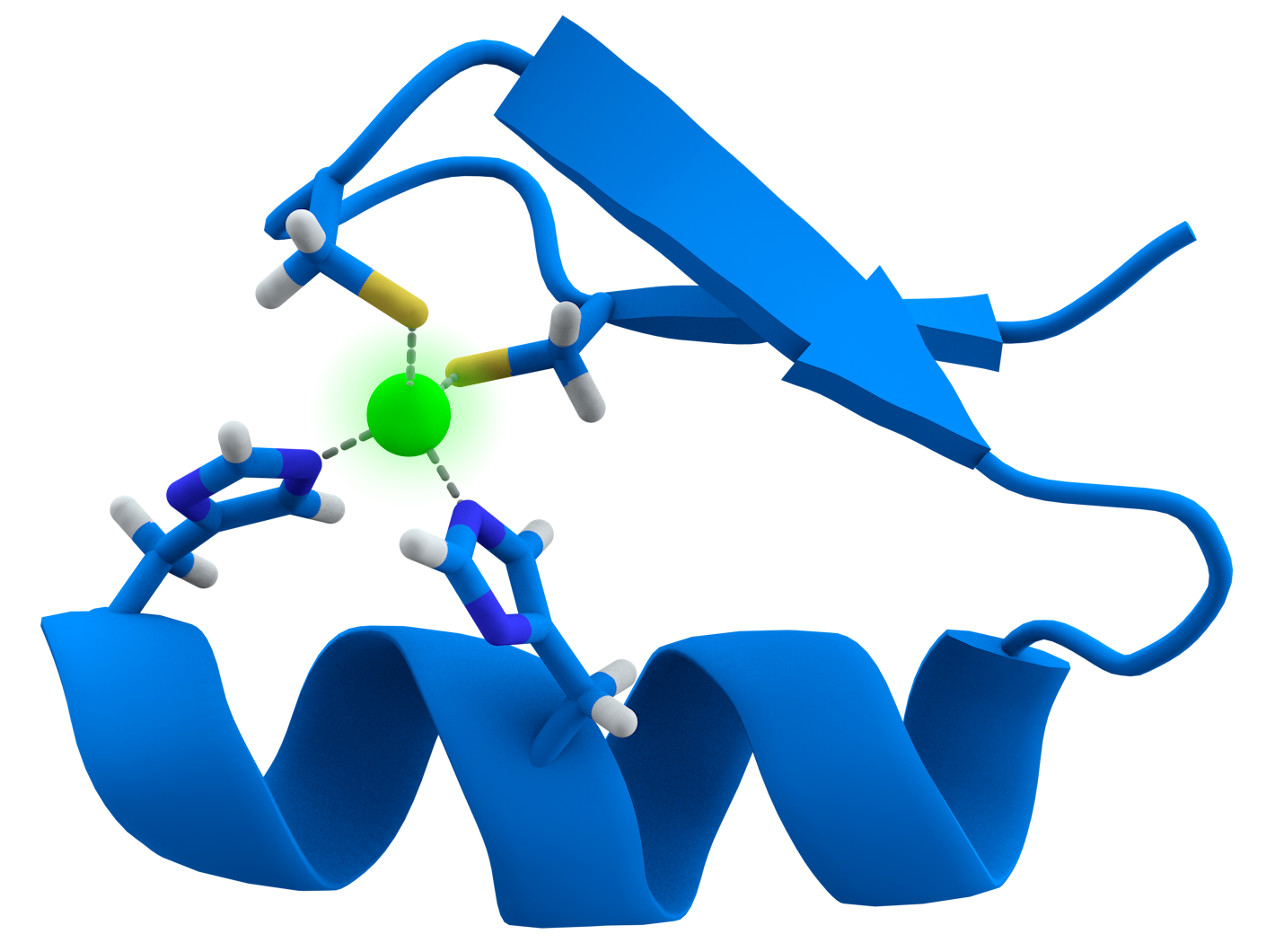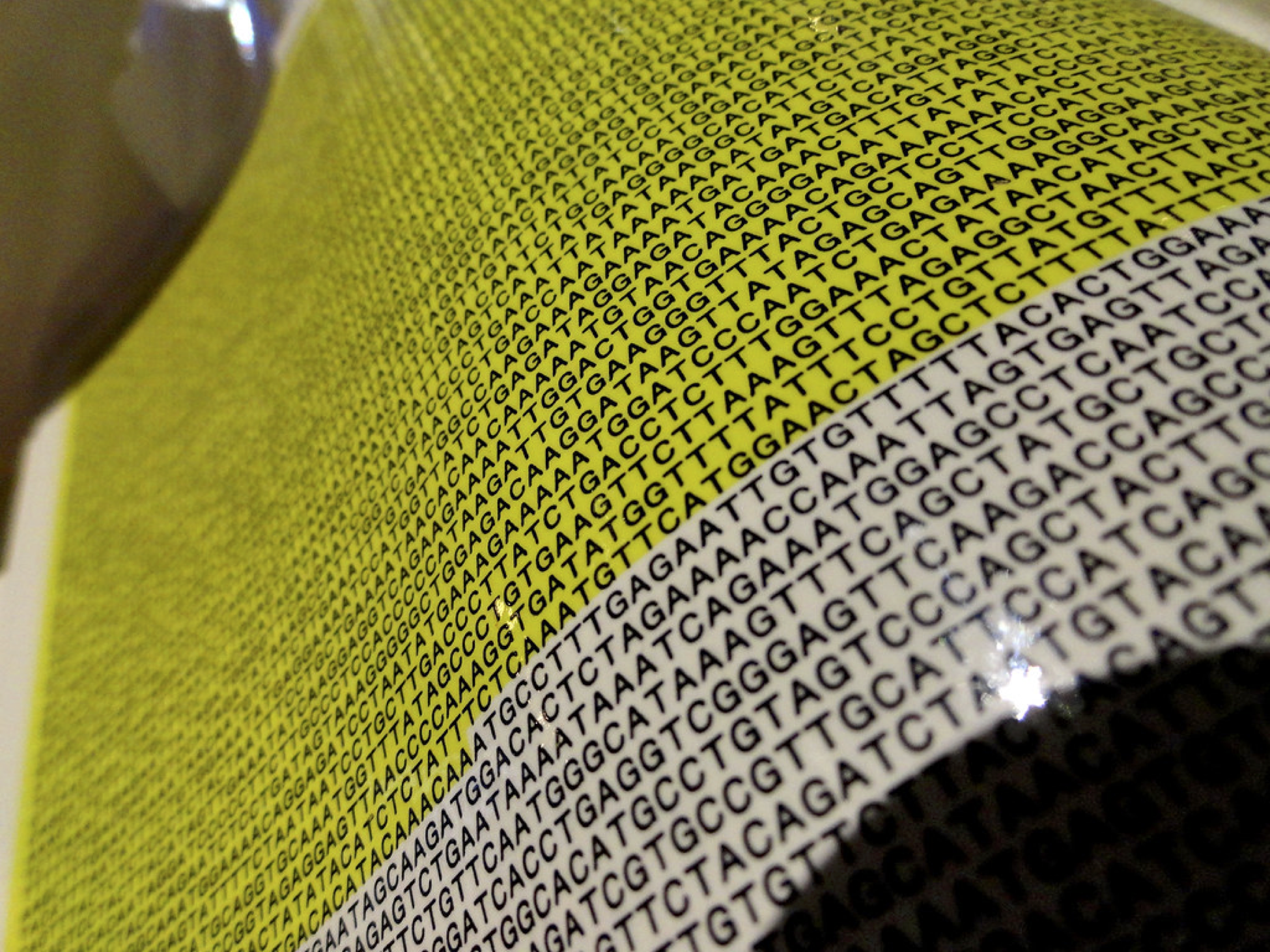animal-model
-

Youthful competitors: young brain cells oust the old
Replacing cells with HD in the brain could be an effective treatment strategy. Recent work shows that glia injected into mouse brains take over and oust the older cells, but for a surprising reason – because of age, not HD!
-

Hunting for balance: how the huntingtin protein compensates in HD
Researchers look at the cause and effect of various forms of the HTT protein. They find both expanded and unexpanded HTT contribute to brain cell communication and the brain has an amazing capacity to compensate for changes related to disease
-

Revisiting vitamin therapy for HD
A small clinical trial of high-dose biotin and thiamine for treating HD is being planned in Spain. This trial is based on research that links HD to another neurodegenerative disease called biotin-thiamine responsive basal ganglia disease (BTBGD).
-

Good news from uniQure: gene therapy trial on track, and promising data in animals
The first group of 10 participants have been dosed in uniQure’s clinical trial of an HD gene therapy, and three new manuscripts describe safe, widespread huntingtin lowering in animals.
By Dr Leora Fox -

HD and Histamines: Targeting Hybrid Receptors to Quiet Stressful Brain Talk
Scientists recently used an antihistamine to quiet dopamine messages in the brain and treat HD-like symptoms in mice. But beware the hype suggesting that allergy medicines could be used to slow down HD.
By Dr Leora Fox -

Could molecular handcuffs lower the protein that causes Huntington's disease?
Researchers got surprisingly lucky when looking for drug molecules to pull mutant huntingtin protein into a cellular garbage disposal machine
-

Exciting new Huntingtin lowering tool described
Exciting new Huntingtin Lowering work from @SangamoTx and @CHDIfoundation using "Zinc Fingers" to shut down expression of the mutant Huntingtin gene. More details on this exciting new technique here.
-

Huntington's disease therapeutics conference 2019 – Day 2
New tools to bridge the gap between the lab and patients in our update from day 2 of the 2019 HD Therapeutics conference

